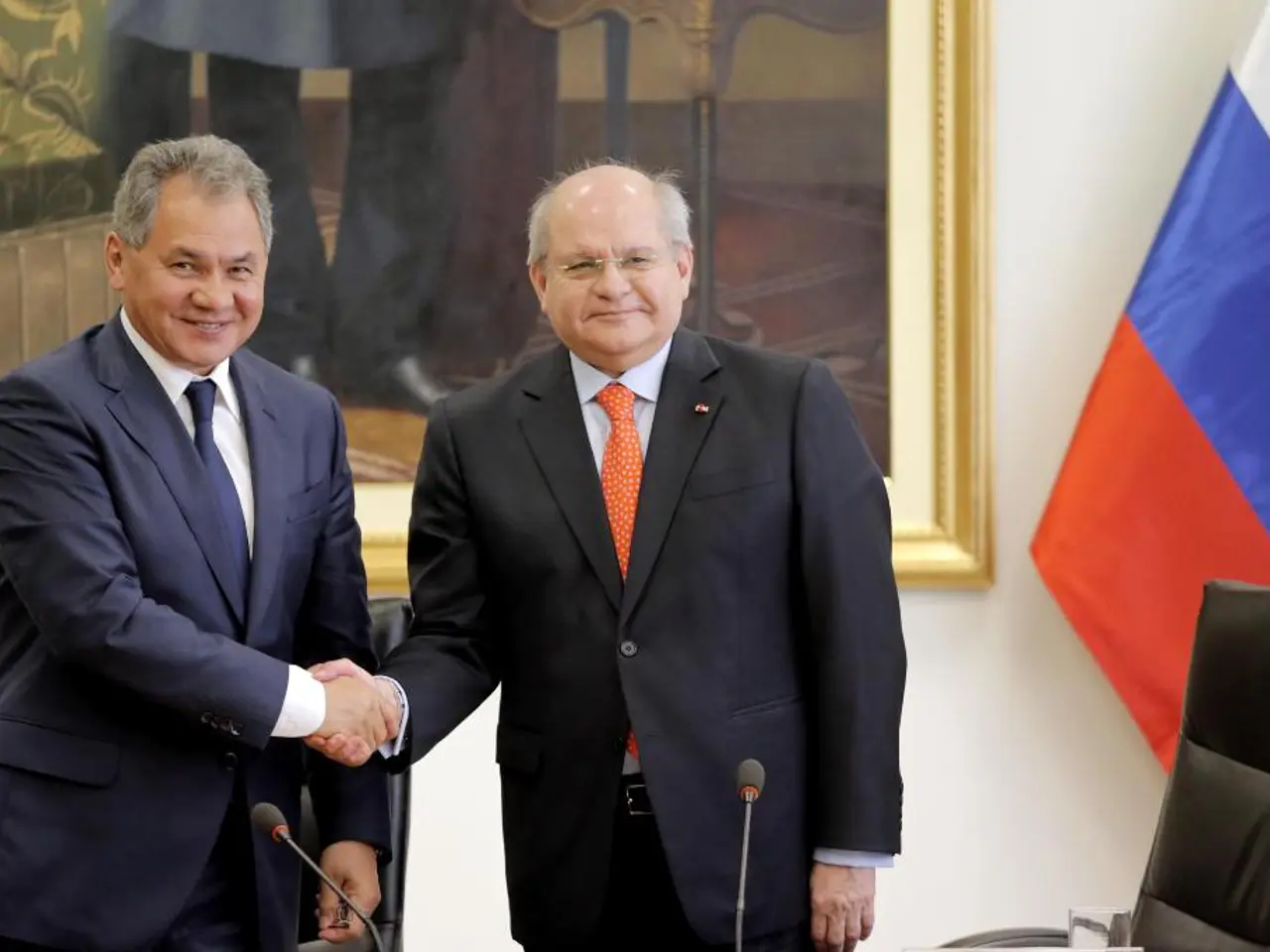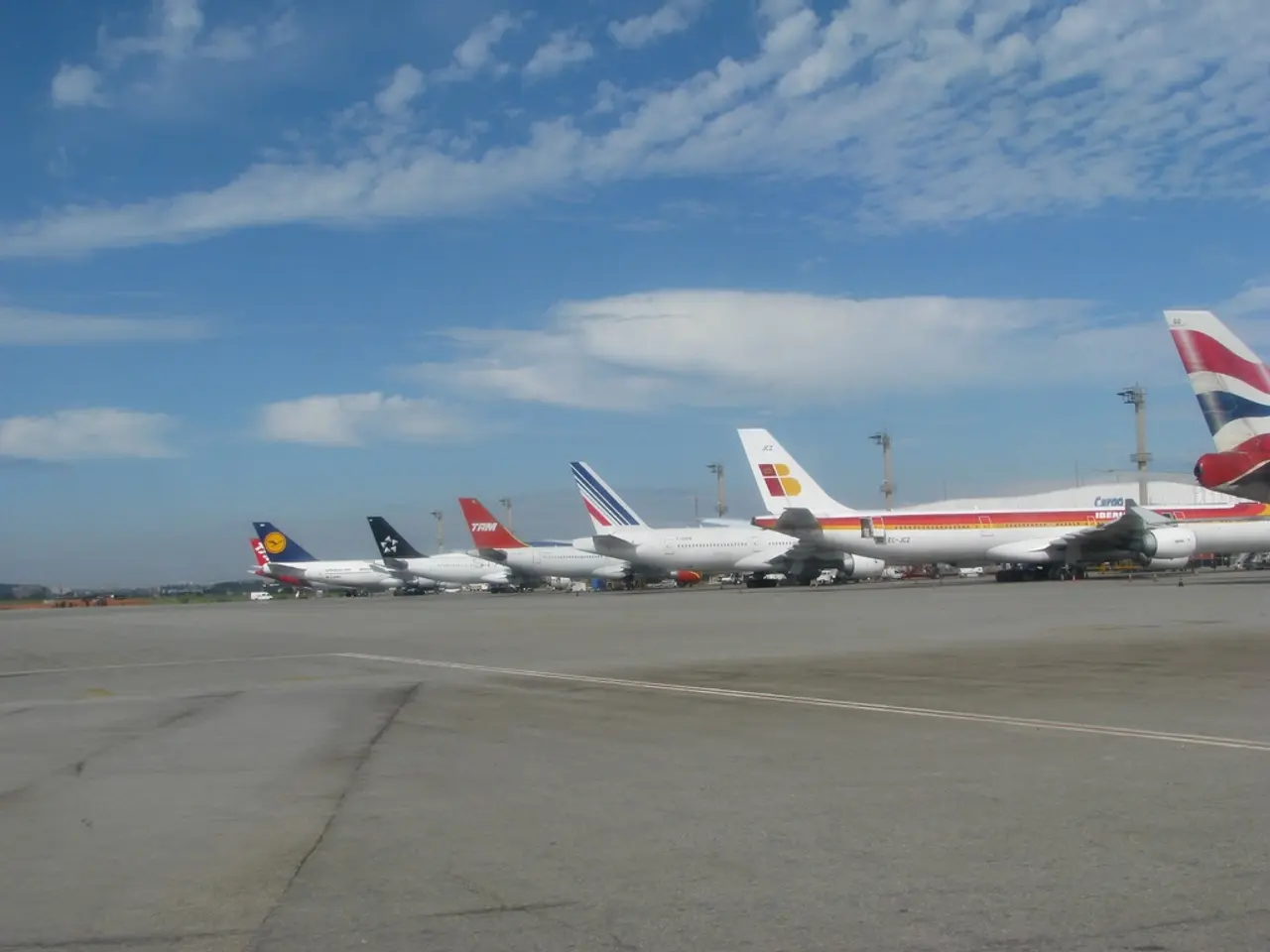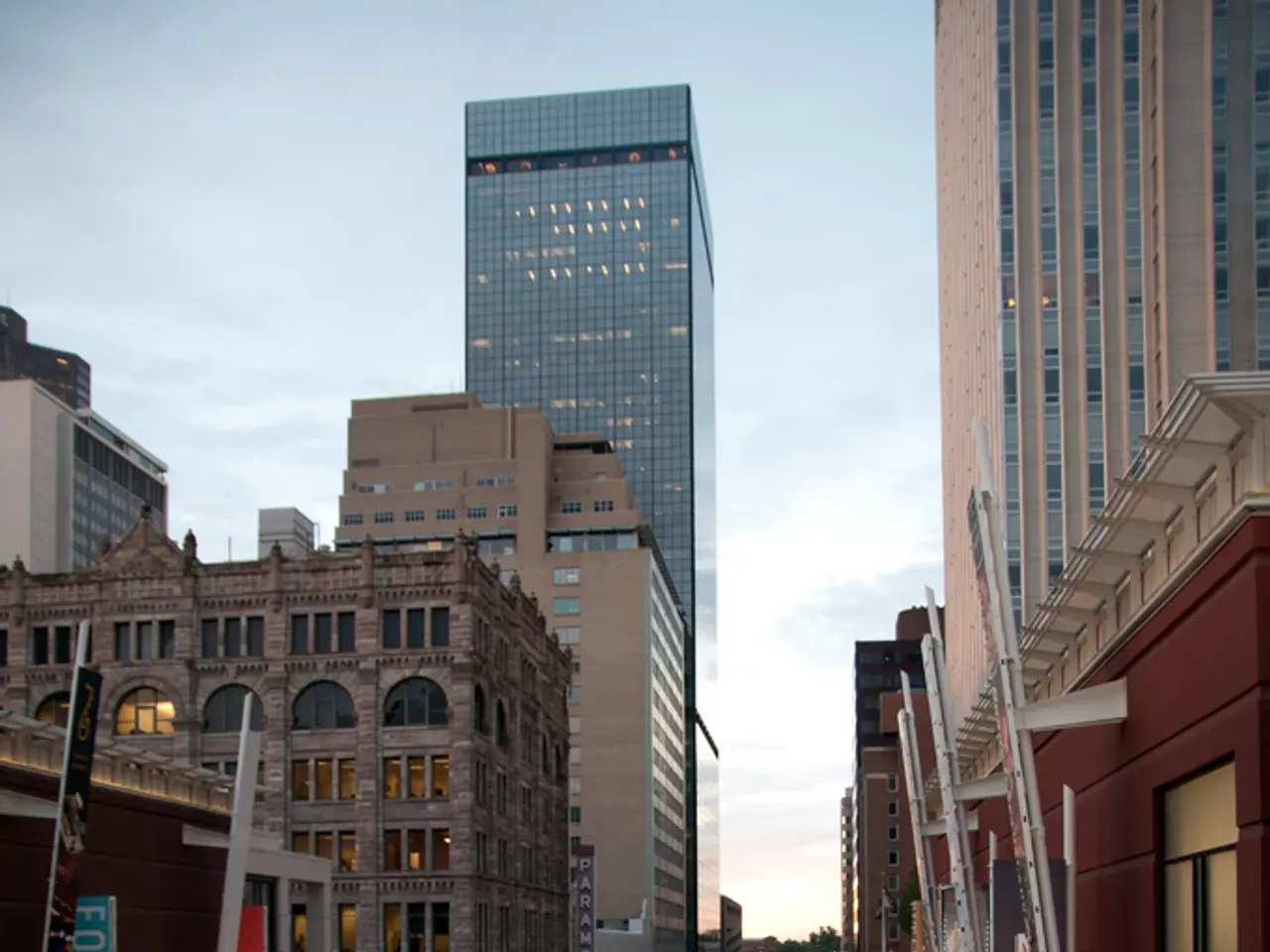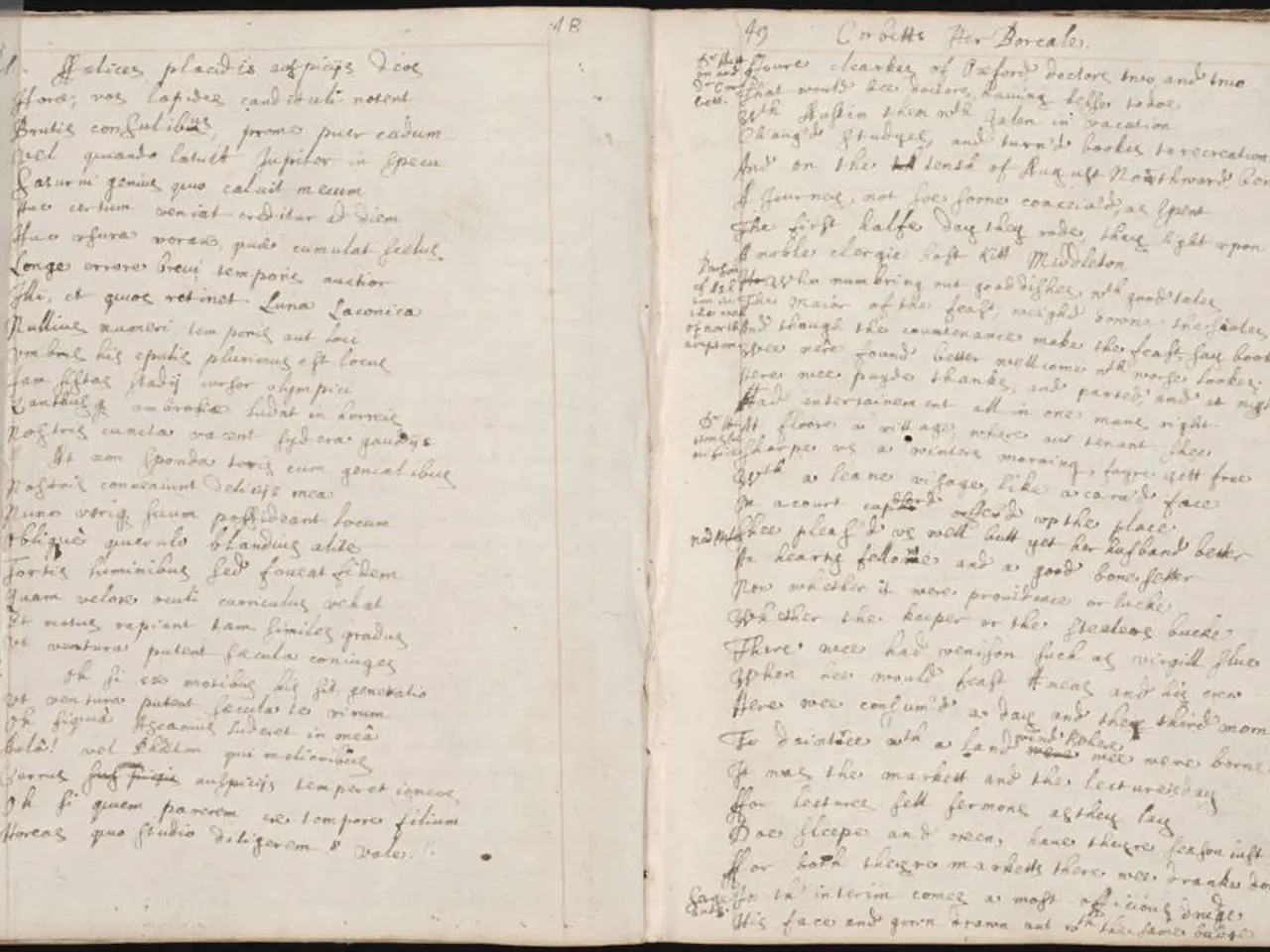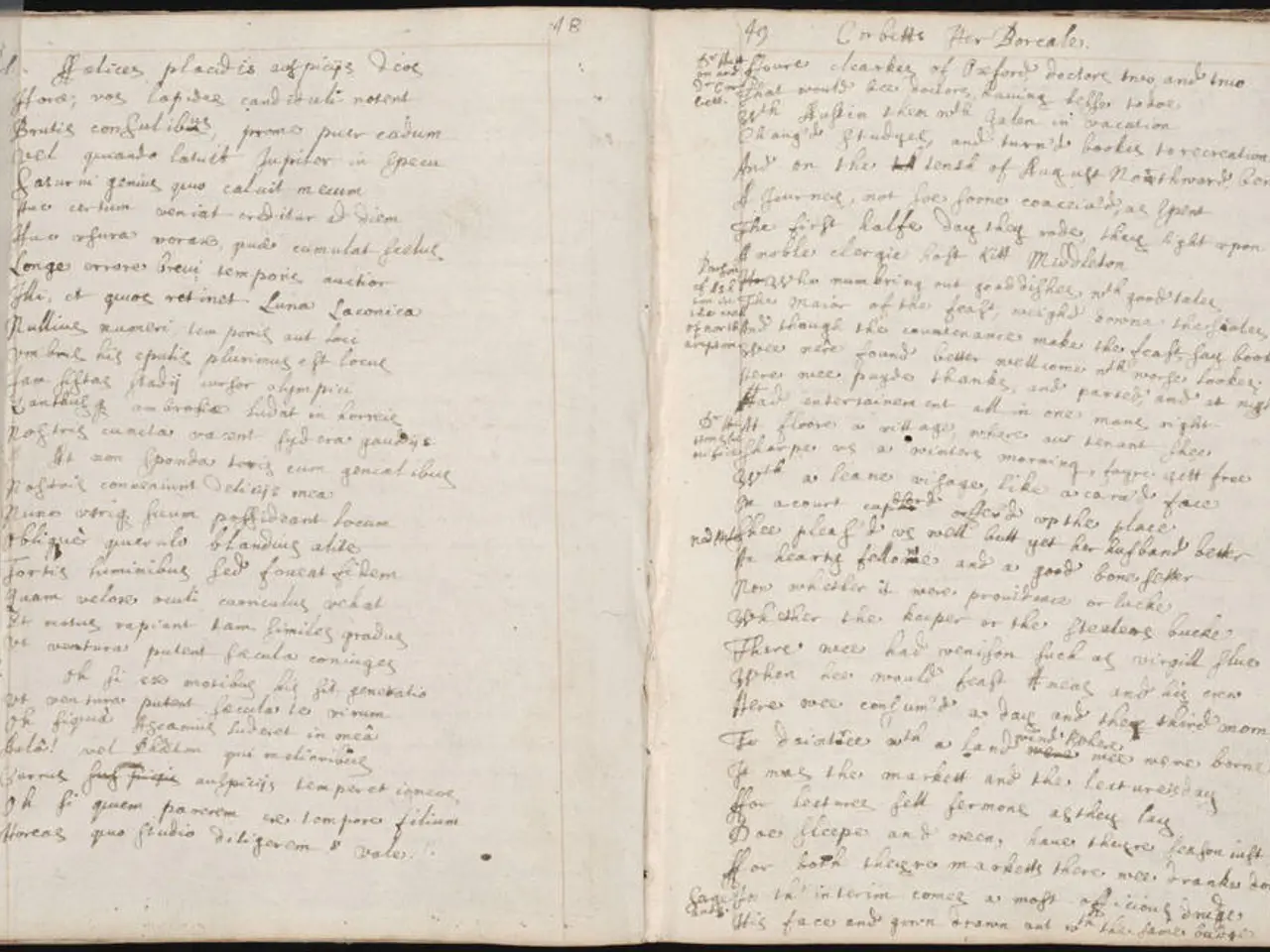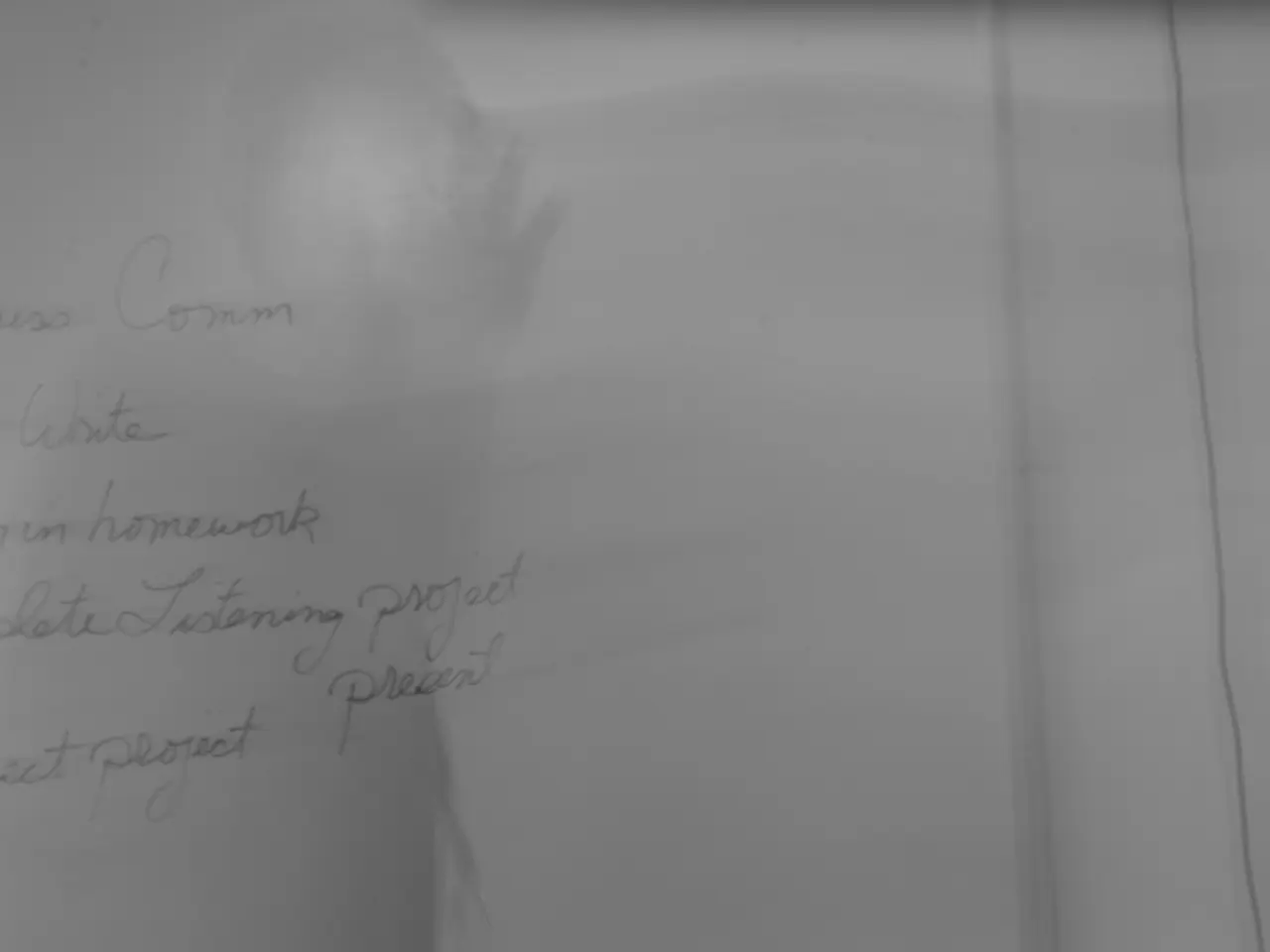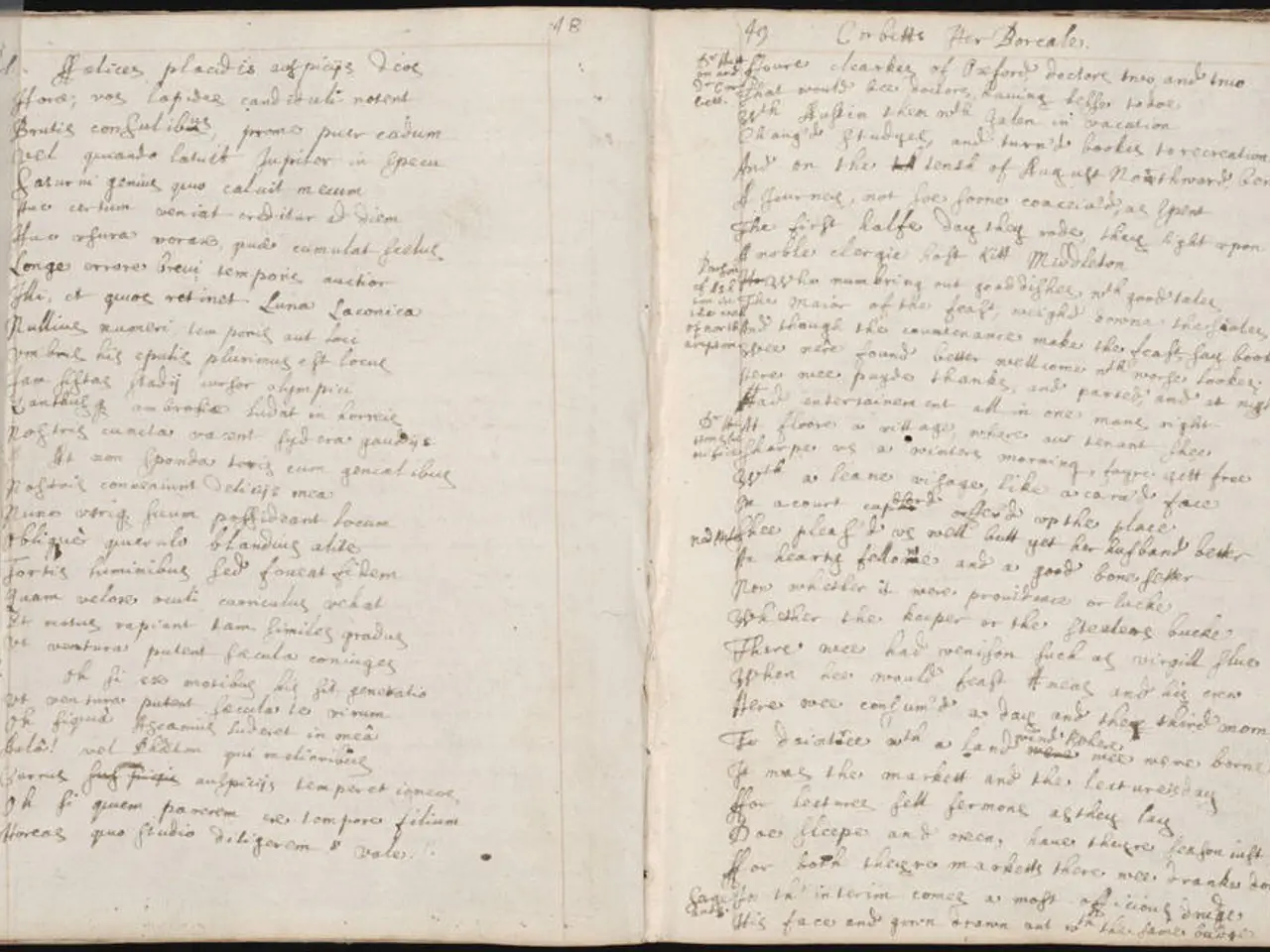International Community Endeavors to Revive Struggling Two-State Resolution for Israel and Palestine
The international community is set to convene for a critical conference in July, co-hosted by Riyadh and Paris, with the aim of reaffirming the two-state solution as the core framework for peace between Israel and Palestine. This conference, mandated by the UN General Assembly, comes at a time when ongoing conflict and political dissent from key players threaten the feasibility of a Palestinian state.
The conference will focus on several key areas. Firstly, participants will reaffirm their commitment to the establishment of two democratic states, Israel and Palestine, living side by side in peace. Secondly, there will be an emphasis on formal recognition of Palestinian statehood, with France set to recognize Palestine in September 2025, and other countries potentially following suit.
Another crucial aspect of the conference is the discussion of post-conflict reconstruction in Gaza. This includes addressing the disarmament of Hamas, ensuring their exclusion from future Palestinian governance, which Saudi Arabia emphasizes as essential for sustainable peace and normalization with Israel. Additionally, the conference will call for the cessation of Israeli settlement expansion, such as the E1 project, to preserve territorial continuity for a future Palestinian state.
Furthermore, the conference aims to seek the lifting of financial blockades and the settlement of financial obligations Israel owes to the Palestinian Authority. The goal is to create a platform for concrete, coordinated action across political, legal, economic, and humanitarian tracks, moving beyond rhetoric to real implementation, as a step towards achieving just and lasting peace.
UN Secretary-General Antonio Guterres has highlighted that the two-state solution is at a "breaking point" due to ongoing violence and occupation. He urges that this conference must represent a turning point for irreversible progress towards achieving it.
The Palestinian ambassador to the UN, Riyad Mansour, has stated that the conference offers a unique opportunity to end the occupation and conflict in the Middle East. French President Emmanuel Macron has also announced that he will formally recognize the State of Palestine in September.
However, it's important to note that Israel and the United States will not participate in the meeting. The conference is a response to the crisis in Gaza, with Palestinian Prime Minister Mohammad Mustafa and several dozen ministers from around the world expected to attend.
Despite tactical pauses in some military operations announced by Israel, the humanitarian catastrophe in Gaza is expected to dominate speeches at the conference. International pressure continues to mount on Israel to end nearly two years of war in Gaza.
For the first time, Arab countries will condemn Hamas and call for its disarmament, as stated by French Foreign Minister Jean-Noel Barrot. Analysts expect "very fierce criticism of Israel" at the conference.
The conference will also focus on reform of the Palestinian Authority, disarmament of Hamas, and exclusion of Hamas from Palestinian public life. Representatives of more than 100 countries are expected to speak at the conference from Monday to Wednesday.
This conference offers a significant opportunity for the international community to consolidate global consensus, promote recognition of Palestinian statehood, facilitate Gaza's reconstruction and disarmament of militant groups, and halt settlement expansion as critical steps toward peace.
- Amid the ongoing conflict and political dissent from key players threatening the feasibility of a Palestinian state, the international community will convene in July, focusing on the establishment of two democratic states, Israel and Palestine, and formal recognition of Palestinian statehood.
- At the conference, participants will emphasize the importance of disarmament of militant groups, particularly Hamas, and their exclusion from future Palestinian governance for sustainable peace and normalization with Israel, underscoring the critical need for post-conflict reconstruction in Gaza.
